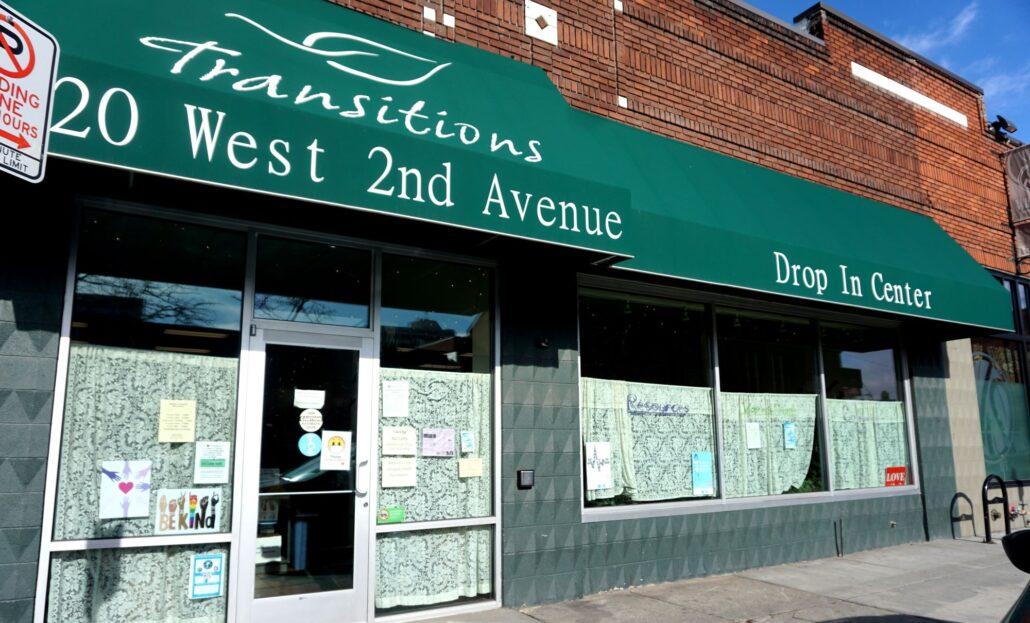So, you want to work on the frontlines of social service?
Commentary by Angela Amos | FāVS News
My route into direct, or “hands-on,” social service work was a circuitous one. I began wanting to be a paleontologist, an attorney, then an English professor.
I was a long-time volunteer at the Spokane Regional Health District’s Needle Exchange under Lynn Everson, who remains one of my favorite people. This solidified my desire to work with the population, though my language now would be: “My desire is to be of service to those struggling with addiction.”
I worked at a residential treatment facility, a behavioral health center and at the Women’s Hearth. Each job taught me about the importance of boundaries, charting, management, motivation, unending positive regard for others and stewarding stress and trauma.
From my experiences and the experiences others have shared with me, here are my suggestions for a career in providing direct service.
What are your intentions?
First, examine your intentions. Is it to rescue anyone or fix anyone’s life? That will not take you past the first 30 days or 30 hours. Is it out of pity? Again, that will not go well for anyone involved.
I think of Harriet Lerner in these moments: “If you are angry or frustrated that the other person ignores your advice, that’s a good indication you shouldn’t be giving it.”
It is easy to dispense advice and believe we know how others should react and live. Afterall, we do not have to deal with the consequences of taking that advice.
Create a supportive community around you
Then, ensure you have a therapist and a community. We cannot give what we do not have, so we need to have ways of filling ourselves in place.
A therapist is always a great idea and being able to process difficulties and primary and secondary traumas is invaluable. A community ensures our lives are larger than our occupations. Our communities remind us to invest in our joy and hobbies.
All of these enable us to be our healthiest and favourite selves and can bring that to our jobs and to those we serve.
Learn more about the field you’re interested in
Then, research, research, research. This can be through the library, interviewing people with experience in the field, watching TedTalks and taking classes, if you can. Job shadowing and interning are also invaluable.
When reaching out to those in the direct service field, ask where they feel most supported, most empowered. Where did they feel the least? Are these things you can live with? If not, this may be an indication that another part of the field may suit you better.
There are so many ways to be of service to others. One of my favorites is via peer support, but there are avenues through substance use treatment, food service, facilities maintenance, law practice, mental health treatment, medical staff, phone reception, accounting, pet care and human resources.
Don’t begin like me
My suggestions come from my mistakes. I did not have a great support system because I did not share my stressors and concerns about work with them.
I did not realize that some of my motivation was to rescue. A family member of mine died from substance use disorder, and I wanted to somehow fix my pain and not feel it, to save someone in his honour. I did not see how this was objectifying to those I tried to serve.
I also wanted to fight the bureaucracy surrounding service accessibility, while also fighting the injustices that lead to the struggles of our clients and participants. And at the same time, trying to do my job and attend grad school.
Feeling like one cannot make any meaningful contribution but giving so much is the recipe for burnout.
‘My days are full’
I have been working since I was 14-years-old. From that time as a dishwasher at a restaurant to now, and all the odd jobs in between, this is the happiest and most satisfied I have been in and with my career. I cannot imagine doing anything else.
My days are full of everything: joy, grief, excitement, constant learning, toggling between tasks, meaningful conversations, de-escalation, creativity, critical thinking and absurdity. The staff here and the participants are the best parts of my days.
I get to participate in something so much larger than myself and my life. I get to be part of building and sustaining a better world. I get to laugh, grieve and walk with incredible people. I do not take it for granted.
All I have learned makes it possible for me to continue being of service in this way. As Jessica Burke, Transitions’ development director, put it, “Using one’s talents and passions to help doesn’t always have to look like front-line work.”
Sometimes it is sitting with someone experiencing a rare good day and colouring a mandala with them, bearing witness and listening as she describes adversity, hope, hope and hope.
The views expressed in this opinion column are those of the author. They do not necessarily reflect the views of FāVS News. FāVS News values diverse perspectives and thoughtful analysis on matters of faith and spirituality.










Thank you for this. Your self-reflection is a valuable guide for do-gooders. I particularly appreciated the insights into objectifying people that you serve.
Thank you, Janet. I appreciate your comment and thoughtfulness.